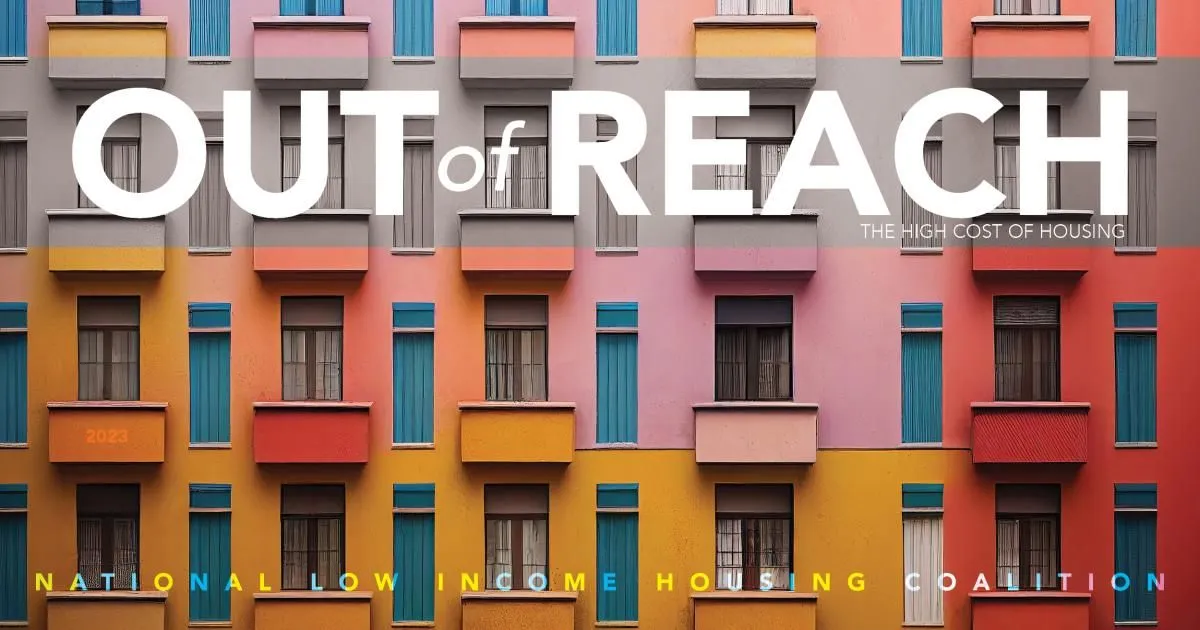TIL if you live in Pennsylvania and make minimum wage you'd have to work 105 hours a week to afford a "modest" one bedroom rental.
TIL if you live in Pennsylvania and make minimum wage you'd have to work 105 hours a week to afford a "modest" one bedroom rental.

nlihc.org
Out of Reach: Pennsylvania | National Low Income Housing Coalition

This site has these sorts of stats for each state.